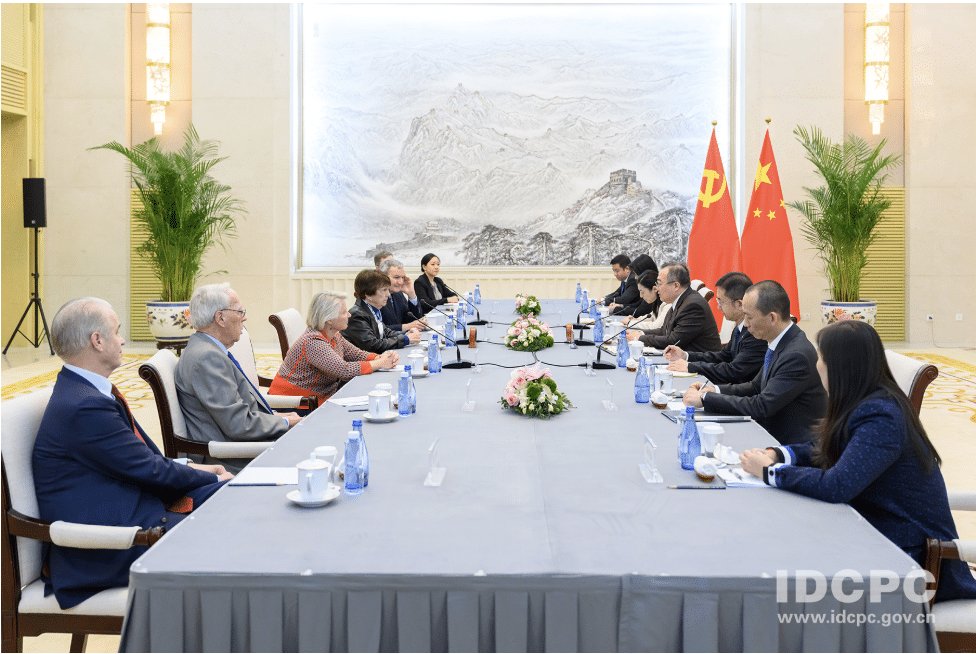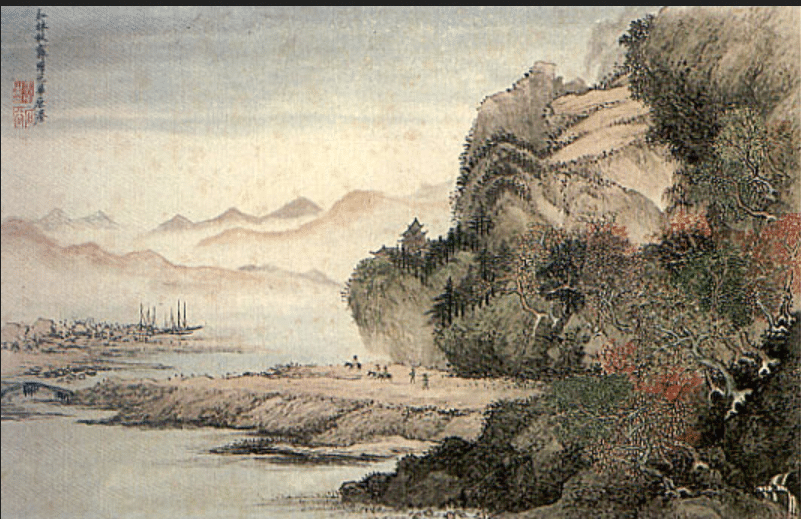Interview with Yasheng Huang: Why is Chinese Society so Stable?
- Interviews
 Juan Zhang
Juan Zhang- 03/18/2024
- 0
Editor’s note: Looking back over thousands of years of history, why has the Chinese state been so stable? Yasheng Huang, the Epoch Foundation Professorship of Global Economics and Management at MIT Sloan School of Management, and a fellow at Woodrow Wilson Center, explored this central conundrum that has puzzled him for a long time in his new book: The Rise and Fall of the EAST. Through his research, Huang found out that the stability of Chinese society is a product of history. He pointed out that the imperial examinations or Keju (科举) system and its subsequent impact on modern society have played a central role in stabilizing Chinese society on the one hand and stifling society on the other. The US-China Perception Monitor recently interviewed Professor Yasheng Huang on this new book. Professor Huang answered one question about his 2003 article “Can India Overtake China?” in the form of an essay. Read his reflections on that essay 20 years later here.
What prompted you to write your latest book, The Rise and Fall of the EAST: How Exams, Autocracy, Stability, and Technology Brought China Success, and Why They Might Lead to Its Decline?
The question that I have been struggling with for years and that puzzled me is why the Chinese state has been so stable both historically and in modern times. The answer is not obvious. Take the example of the idea that CCP is stable because it has performed on the economy. Well, the CCP survived multiple economic disasters, such as the GLP and the Cultural Revolution. Another idea is authoritarian ideology, such as Confucianism and Communism. Many countries have had authoritarian ideologies, but they somehow evolved and got out of them. Or the repression of the regime. If you go back in history, Qin was extremely brutal and repressive, but it only lasted for 14 years.
In the end, I settled upon an idea closer to the ideological explanation but not in the way that idea is commonly expressed. I stress the propagation of the idea, not the content of the idea. For an idea to have an effect, it has to be implemented effectively, and this way of thinking led me to Keju, an institution that was incredibly effective in propagating a single idea—Confucianism—and in preempting other ideas from emerging to challenge it. I modeled the current CCP system after this Keju system.
In the book, you discussed how the keju system forced Chinese intellectuals to unite to serve the state. How has this system and its related exam culture impacted contemporary Chinese society?
This is the power of the Keju system—monopolizing the most capable human capital behind the Chinese state, but it was also a systematic system based on merits rather than personalistic characteristics.
I used this way of looking at a political system to examine the CCP system during the reform era (since 1978). Instead of exam scores, the CCP used GDP as a key performance indicator and established a systematic governance that eluded other personalistic autocracies. My worry today is that the CCP under Xi Jinping has weakened this systematic feature of the system by downgrading the weight of economic objectives. The system has also become more personalistic. (By the way, a single-minded pursuit of GDP has many other problems. I am mindful of these other problems and I have discussed them in my book.)
We’ve heard so many talks about how Chinese culture and Western culture are different from each other. You dug into thousands of years of Chinese history in your research. What’s your view on this question?
I stress that the difference is the implementation mechanism of culture and ideas, not culture and ideas per se. Western history is full of authoritarian ideas and ideologies but the West possessed openness that enabled other ideas to emerge, such as secular values, science, or Protestantism. This is the fundamental difference between China and the West. China invented a powerful—and remarkable in many ways—keju system that foreclosed the emergence of other ideas. The West never had something like keju.
You are very fond of the 1980s. We also hear some other voices saying the 1990s and 2000s were the golden eras for China, especially regarding economic growth. Could you explain your analysis of this?
It is extremely important to get this issue right: in terms of GDP growth rate, there is very little difference in the 1980s compared with the later decades. The later decades had a slightly higher rate mainly due to massive investments which have produced many of the problems that China now has to resolve.
But the biggest difference, especially between the 1980s and the 1990s, is that personal income growth was much higher in the 1980s than in the 1990s and somewhat higher than the decades after the 1990s. In terms of personal income, the 1990s is by far the worst and especially personal income growth in rural China.
In your book, you highly spoke of the importance of the Central Advisory Commission (CAC, 中央顾问委员会, 1982-1992). You viewed it as a very important institution. Why is that?
It is based on a simple but highly intuitive idea: the only meaningful restraint on a non-hereditary autocrat is his predecessor. China could have had this kind of check and balance because of the two-term limit and mandatory retirement age. But the CAC was abolished in 1992, and thus, an institutional mechanism of restraint was gone. You still had personal restraint—Jiang Zemin on Hu Jintao—but that personal restraint was not durable. I believe the abolition of the CAC helped pave the way for the rise of unconstrained power of a later autocrat and we all know what happened.
Author
-

Juan Zhang is a senior writer for the U.S.-China Perception Monitor and managing editor for 中美印象 (The Monitor’s Chinese language publication).







